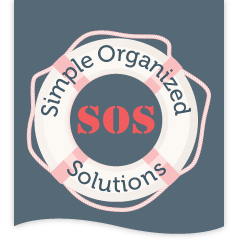 Everyone has a peak performance time. What I mean by that is, the time of day that your brain functions in an exceptional state. During this time, you’re more likely to get the most work done, especially creative or analytical tasks.
Everyone has a peak performance time. What I mean by that is, the time of day that your brain functions in an exceptional state. During this time, you’re more likely to get the most work done, especially creative or analytical tasks.
Most of us fall into the category of early birds, or night owls, but some fall in between. Scientists have studied patterns of cognitive ability and how they fluctuate during the day. It has to do with our personal patterns of circadian rhythms as described in this Business Insider post.
It’s more than likely that you know your peak performance time. If not, just think about those times when you got a lot of work done. What time of day was it?
Another thing to consider is your sleeping patterns. Do you fall asleep early, or do you stay up late at night? I’m an early bird and fall asleep earlier than others that can burn the midnight oil. Consequently, I’m most productive in the morning hours.
Working with your natural circadian rhythms, rather than against them, will make your life easier, less stressful and more productive. However, there are times when we have deadlines, so we keep on working on these tasks and projects that require exceptional brain power. It usually doesn’t go well.
If you’ve ever tried this approach, you know what I’m talking about. There is a report or presentation that has to be done now, past your peak performance time. You try, but you just can’t come up with anything that works, it’s frustrating and becomes quite a struggle.
Reserve your peak performance time for creative or analytical tasks. Schedule routine tasks, or tasks that can be done quickly without much thought, when you don’t need exceptional brain power.
The idea is to optimize your productivity by performing tasks at the right time of day, based on level of required performance, and your peak performance time.


